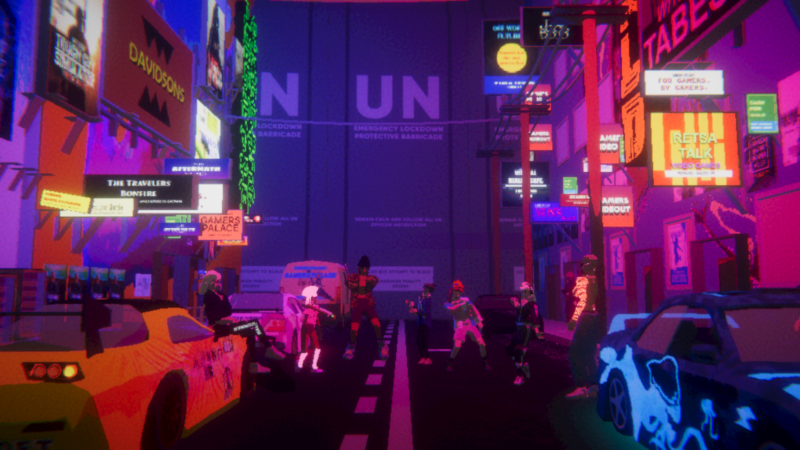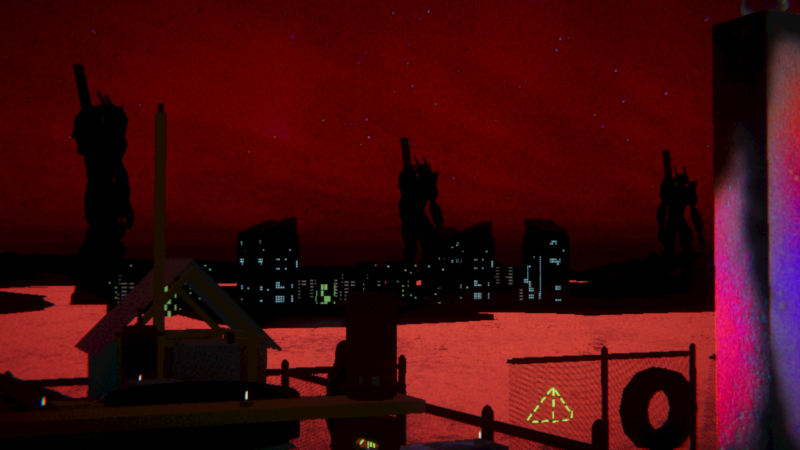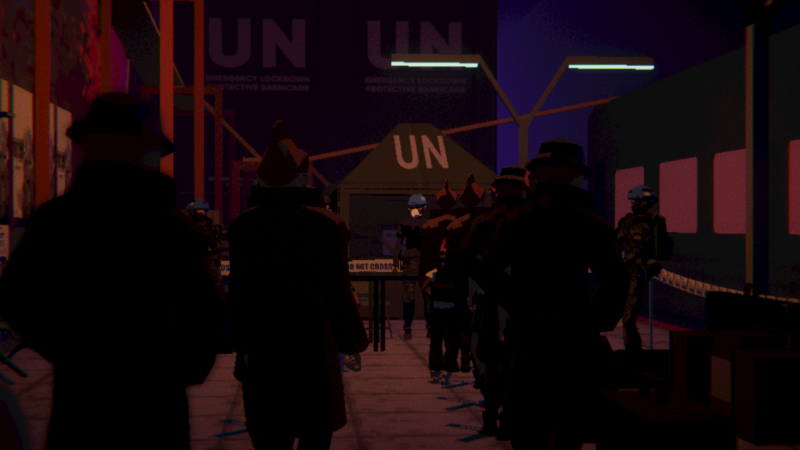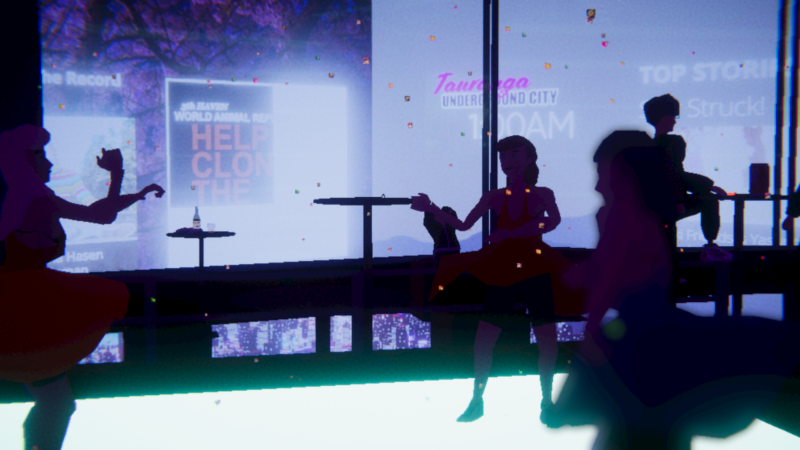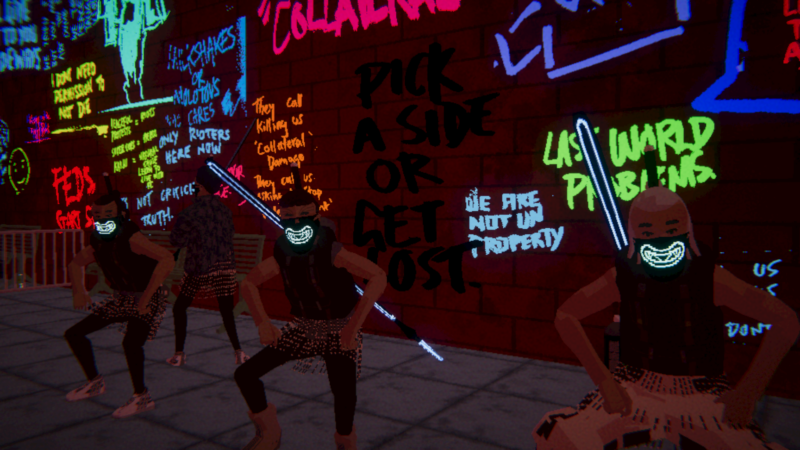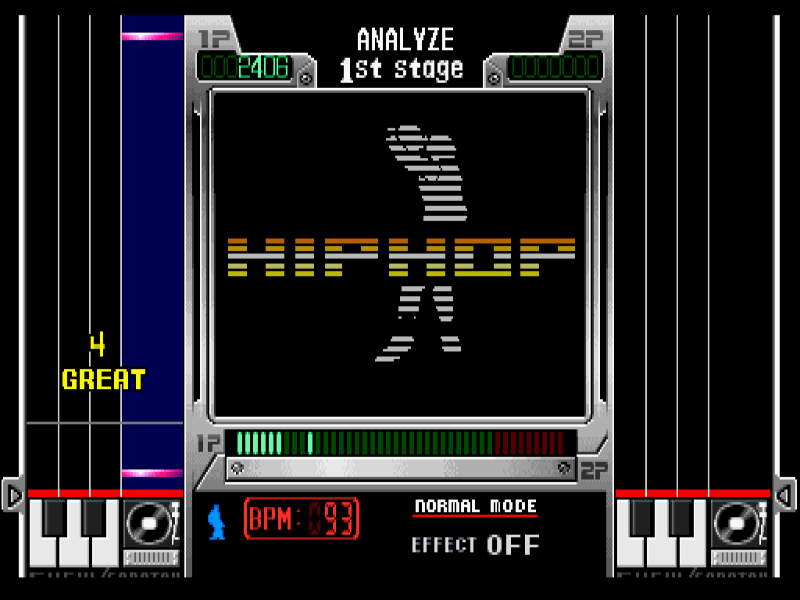In a year without travel, a game about the road.
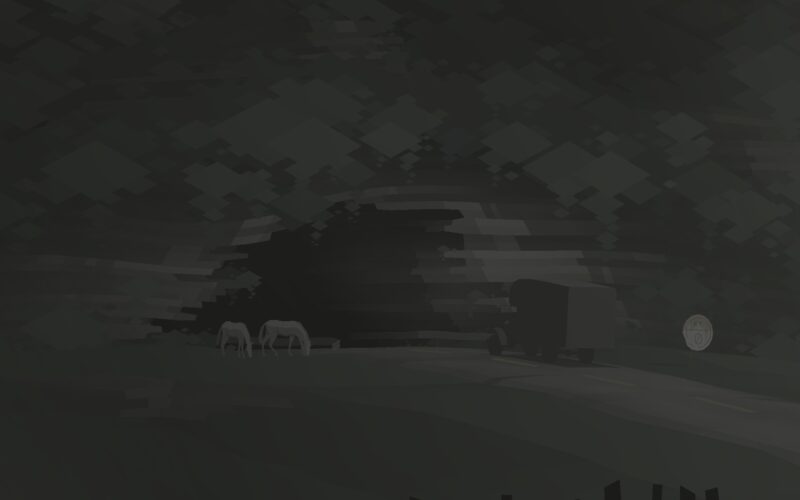
I’m not sure what triggered the original thought that the best way to end the year was to try and write about video games. I’m not sure why I continue to try.
When I was a younger and higher energy blogger, staging twenty-five sequential posts to run throughout December was fairly effortless. Now, even with just five titles on my list this year, I’ve stretched the exercise into the second month of 2021.
In 2013, as I rushed to wrap my thoughts, I gave all of a half-paragraph on the first chapter of an episodic game I had spent a quiet evening with:
And, in an experience that isn’t over yet, Kentucky Route Zero (PC/Mac) helped re-invent the point and click adventure. (The way to best enjoy KRZ: pour a glass of iced tea, add a shot of whiskey, turn out the lights, and let the game take it from there.)
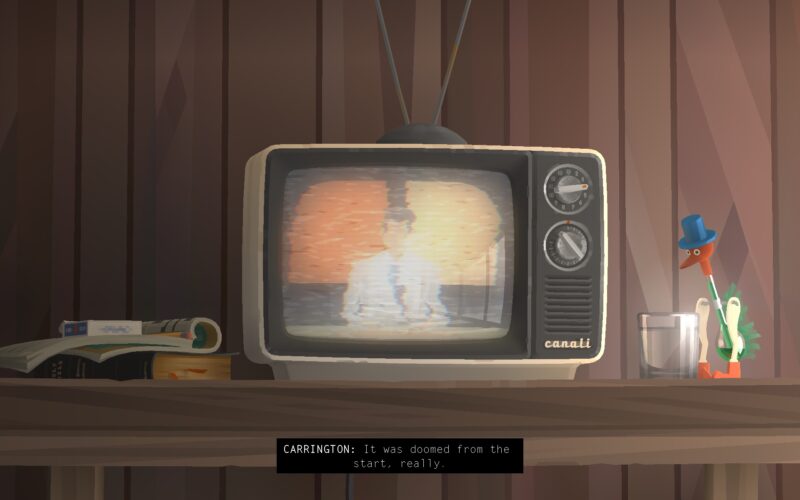
I would not play much more of KRZ after 2013. I have a vague memory of getting a little into Act II and deciding that, perhaps I’d just wait for the release to finish.
KRZ was meant to release at a fairly regular clip, with five planned acts. But the road stretched longer than I anticipated: Act V would not emerge until January 28th, 2020.
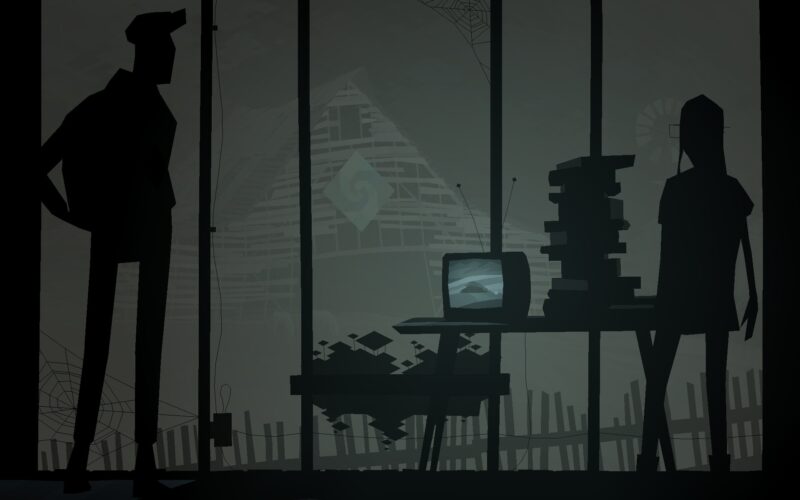
This blog first formed when I was 19 years old. Dropping the big “WELCOME TO MY VERY MOODY HOMEPAGE” energy of my teenage years for a date-organized format seemed the most efficient way to communicate about my college experience.
From there, the path has meandered. The tone shifts gradually but sometimes abruptly, steering into absurdity or surreal moments.
Characters drift in and out – most remain familiar, though some I haven’t spoken to in years. Some names don’t ring a bell without staring at them for a while.
Framing devices change; a few posts are written as a play, while another (about an attempt to get tech support) is written as a text adventure.
There’s a routine deference to the power of music at poignant moments. Music has always helped me say the things I can’t find the words for.
There is love and there is loss.
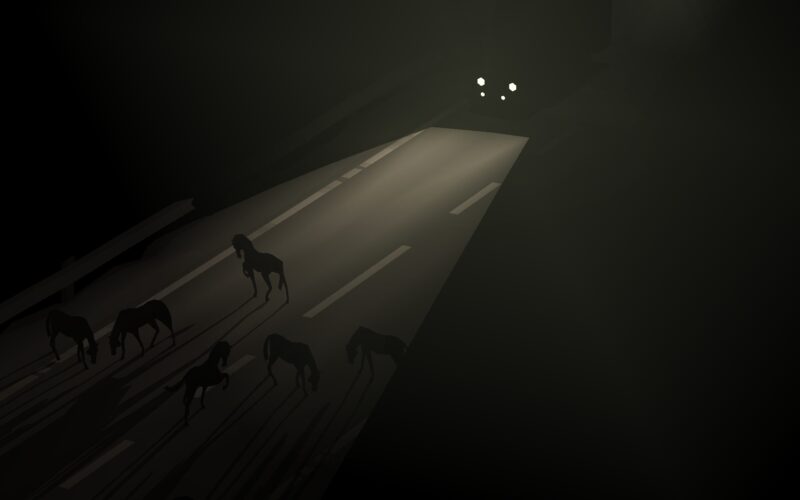
Kentucky Route Zero started in 2013 with a man named Conway trying to make a delivery to 5 Dogwood Drive. He stops at a gas station to ask for directions, because he is lost.
Over five acts and four intermissions, the story has meandered. The tone shifts gradually but sometimes abruptly, steering into absurdity (I recall bears in a conference room?) and dream logic (the titular road must be uniquely navigated).
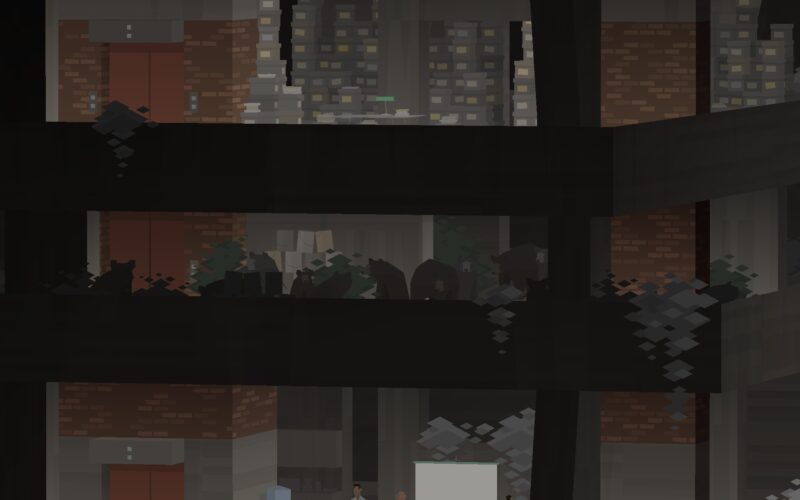
Characters drift in and out, some being completely skippable and others leaving the core group with little notice.
Framing devices change: one intermission is a play with audience, while a middle portion of Act III plays out as a text adventure.
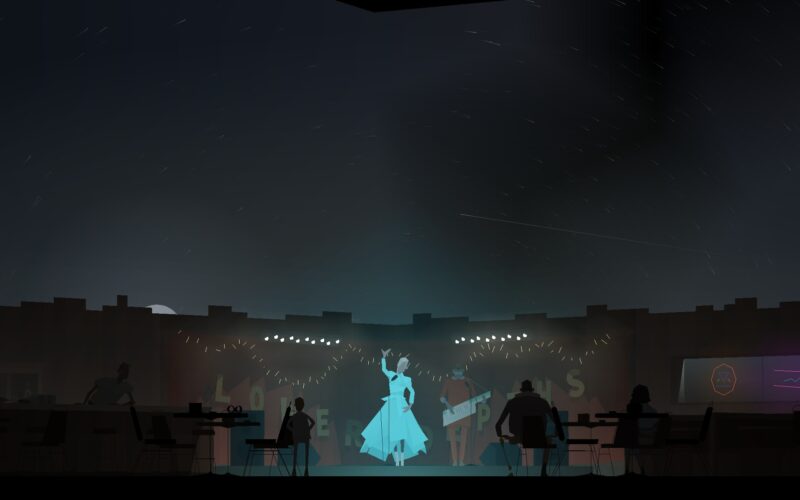
There’s a routine deference to the power of music at poignant moments: the performance at the Lower Depths bar; the funeral in Act V.
There is love and there is loss.
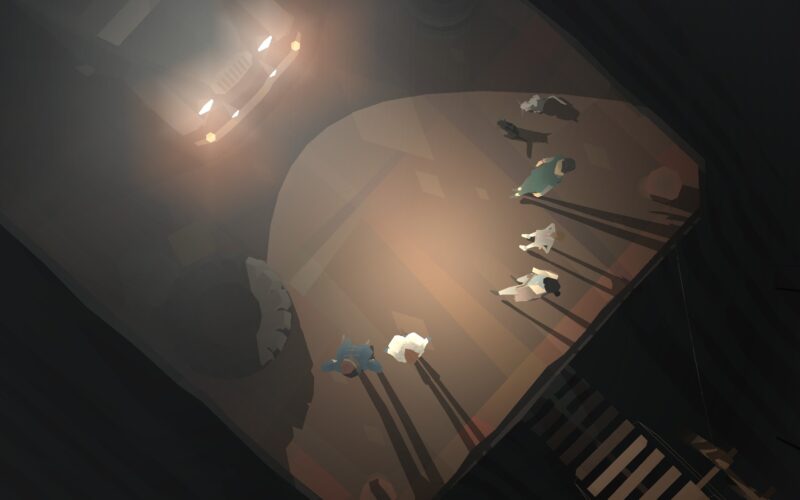
What makes Kentucky Route Zero stand out – even after a nine year lifecycle (the Kickstarter campaign was in 2011!) – is that you will catch reflections of your life in it. At the risk of imbuing it with a level of magical thinking, you will see what it wants to show you.
Alex Navarro wrote that it “radiates a kind of sympathy that isn’t like much else I’ve played“. That sympathy makes its moments, big and small, resonate and form into their own constellation of personal meaning. Austin Walker connected his reflections to a story about his tooth. Scott Benson connected his reflections to the passing of his cat.
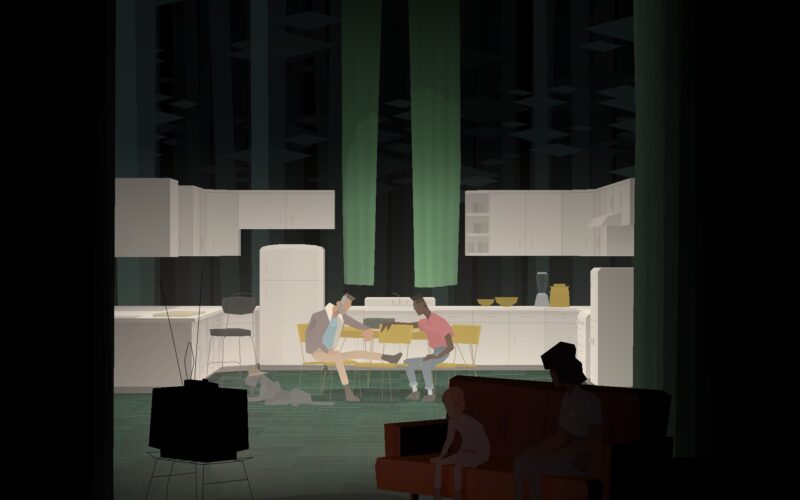
I have been through a lot of life since I started this very self-indulgent blog. (My hair has gone to what I have been told is a very tasteful shade of grey; “salt and pepper”, they say.) I am over twice the age I was when this site came together. My photo archives stretch back nearly as long as the site, and I’ve been looking at both a lot lately.
I consider my two decades of adult life and I feel, well, old. I can still feel every quiet moment of togetherness with friends I can no longer regularly see. I can taste the pain of loss in every post I chose to lead with “This is the latest in the continuing series of me saying goodbye to the things I love.”
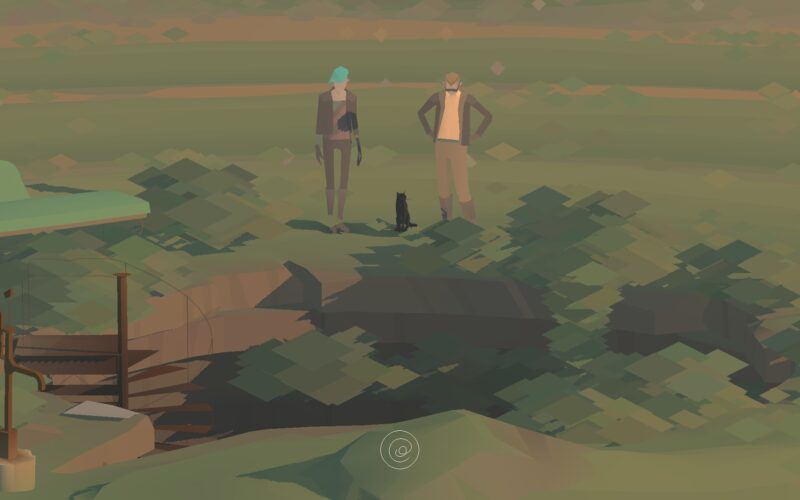
And I see the thread of pressing on, to rebuild when facing adversity, to find 5 Dogwood Drive. I don’t quite know where the path forward is going to take me. But I know I must keep going.
Kentucky Route Zero is about the roads we travel and the journeys we take together. Get a drink, turn down the lights, and let the game take it from there. I hope you love it as much as I did.
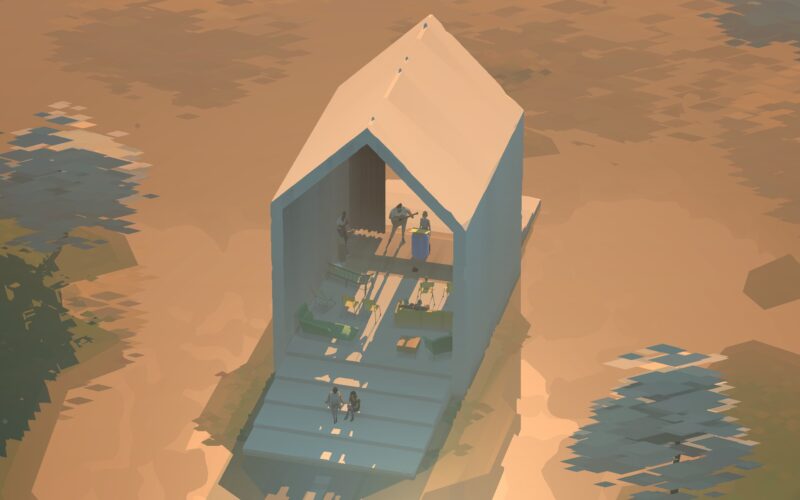
Kentucky Route Zero is available on PC, Mac, Switch, Playstation, and Xbox One. I spent ten hours with it in 2020.
